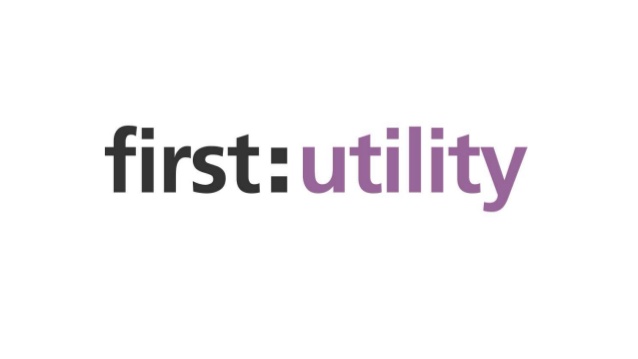Sirius Blog: You ask, we answer!
-
How much does GitLab cost?
You Ask, We Answer: What is the True Total Cost of Ownership (TCO) of GitLab?
Here at Sirius, we often get asked, "What is the true cost of GitLab?". This is a very good question, and one that deserves a clear, honest answer. We understand the need to know the true financial implications of any technology choice, as it's a decision a business will have to live with for years, affecting scalability and operational costs.
-
Which Web Server is Truly Best in Class?
You Ask, We Answer: Which Web Server is Truly Best in Class?
Here at Sirius, we often get asked, "Which web server is truly Best in Class? Is NGINX still the overall winner, or are newer platforms like Caddy or LiteSpeed superior?". This is a very good question, and one that deserves a clear, honest answer. We understand the need to choose the right foundational technology, as this decision affects your scalability, resource costs, and operational agility for years to come.
-
NGINX Review
You Ask, We Answer: A Comprehensive Review of NGINX Software
Here at Sirius, we often get asked, "What is the ultimate verdict on NGINX? Is NGINX Open Source truly ready for enterprise production, or is NGINX Plus necessary?" This is a very good question, and one that deserves a clear, honest answer. We understand the need to know the true technical capabilities and financial implications of any technology choice, as it's a decision a business will have to live with for years.
-
NGINX Versus Apache, LiteSpeed, and Caddy — Which Web Server is Right for You?
```htmlYou Ask, We Answer: NGINX Versus Apache, LiteSpeed, and Caddy — Which Web Server is Right for You?
Here at Sirius, we often get asked, “How does NGINX stack up against other leading web servers like Apache, LiteSpeed, and Caddy?” This is a very good question, and one that deserves a clear, honest answer. We understand the need to choose the right foundational technology, as this decision affects your scalability, resource costs, and operational agility for years to come. Comparisons are a fundamental part of the buying process.
-
What are the Problems and Risks of NGINX?
You Ask, We Answer: What are the Problems and Risks of NGINX?
Here at Sirius, we often get asked, “What are the problems with NGINX?” This is a very good question, and one that deserves a clear, honest answer. We understand that when making a technology decision, buyers often worry more about what might go wrong than what will go right.
















































